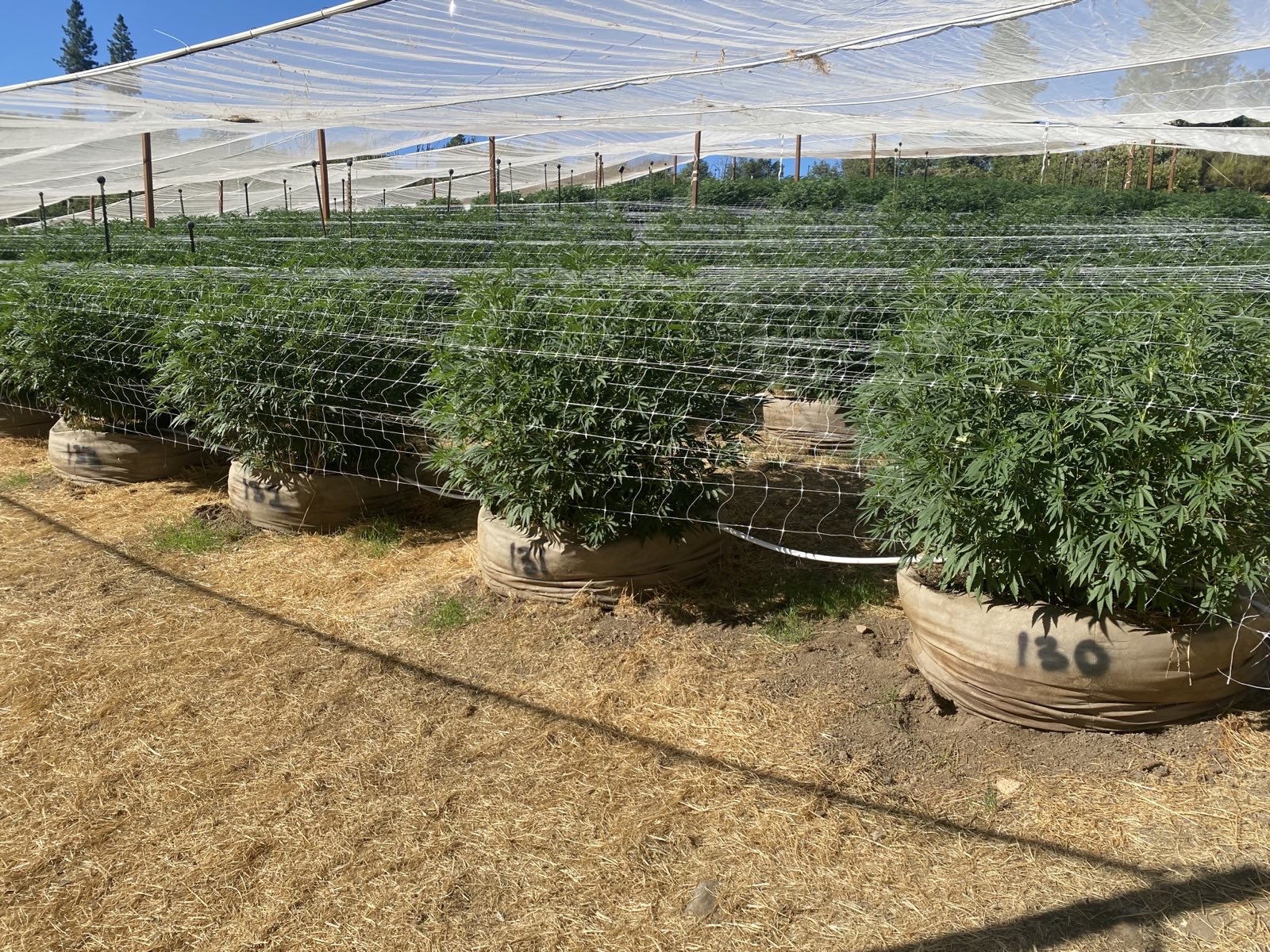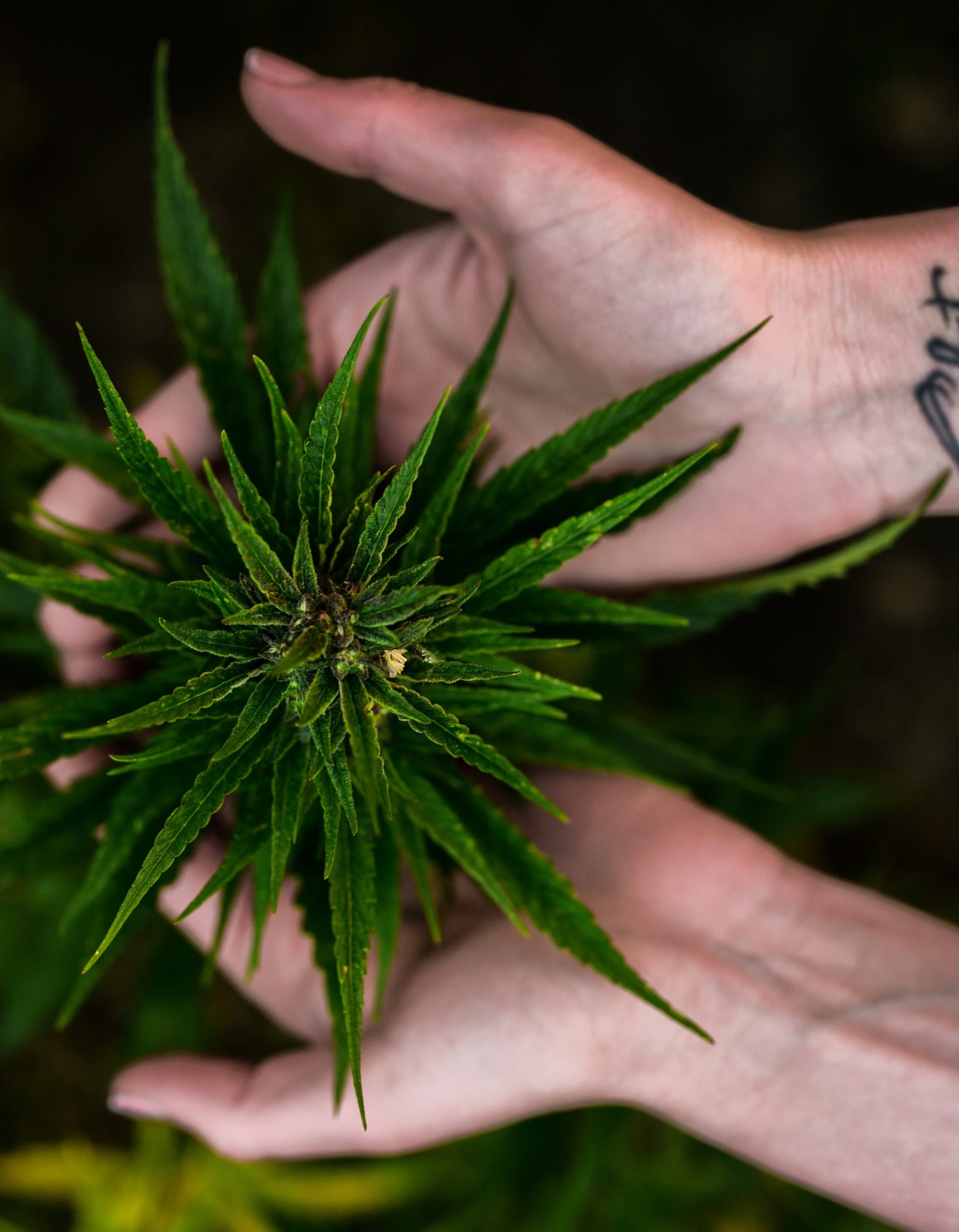True Organic.
Discover Regenerative Hemp
We’ve been growing organically for over twenty years now. In that time, we’ve seen a lot—fads come and go, names change, and new faces rise and fall. But through it all, one truth remains: there will always be a need for truly organic flower.
Our Commitment to True Organic
These days, the word “organic” gets thrown around a lot. It can mean just about anything. Many operations rely heavily on so-called “organic pesticides,” spraying constantly. And what most people don’t realize is that some growers still use harsh chemical pesticides like Eagle 20—then cover it up with doctored lab results.
That’s not how we do things.
When we say organic, we mean it. No sprays. Ever. We’ve built our success not by treating symptoms, but by cultivating health—strong plants with strong natural resilience. We use nature to support nature, introducing beneficial insects like ladybugs to keep balance in the garden.
For us, it’s not just about growing plants—it’s about fostering a living, breathing ecosystem. One that honors the plant, the soil, and the people who rely on both.

Our Leading Edge

Microclimate Selection
Our farm sits in a carefully chosen microclimate within the Emerald Triangle, where sun, temperature, and humidity align perfectly for THCA-rich hemp. This ideal environment lets our plants thrive naturally, reducing the need for outside inputs.
Genetics
We select standout genetics from our in-house nursery and longtime legacy breeders we trust. Each strain is chosen for its consistency, resilience, and loud terpene profiles—built to thrive naturally and deliver a clean, euphoric experience.
Never Spray
We never spray pesticides. Instead, we protect our plants with beneficial insects that maintain natural balance. It’s a clean, chemical-free approach that’s better for the hemp, the planet, and you.
Crafted with Care
Meet Our Team
Lady Bugs
These vibrant beetles are natural predators of aphids, feeding on these soft-bodied pests that can damage plants. By controlling aphid populations, ladybugs help protect foliage and promote healthier growth without the need for chemicals.
Cucumerics
These tiny predatory mites specialize in feeding on thrips, a common pest that can cause significant damage to leaves and flowers. Their presence helps keep thrip populations in check, ensuring plants remain strong and vibrant.
Pirate Bugs
Known for their appetite for thrips, pirate bugs are aggressive predators that target both larvae and adults. Their feeding habits make them a valuable asset in protecting crops from thrip infestations.
Neoseiulus Californicus
These beneficial mites feed on spider mites and other harmful mite species, preventing damage to leaves and stems. By controlling mite populations, they help maintain plant health and reduce the need for interventions.
Beneficial Nematodes
These microscopic organisms target soil-dwelling larvae, such as those of beetles and other pests. By feeding on these larvae, they help protect plant roots and improve soil health naturally.
Swirskii Mites
These versatile predators feed on mites, thrips, and whiteflies, making them a powerful ally in pest management. Their ability to target multiple pests supports balanced and thriving plant ecosystems.
Parasitoid Wasps
These tiny wasps lay their eggs inside caterpillars and other pests, effectively controlling their populations. By targeting destructive caterpillars, they help safeguard plants from extensive damage.
Green Lacewings
Green lacewing larvae, known as “aphid lions,” are fierce predators of aphids, thrips, and whiteflies. Easy to release and highly effective, they’re a natural, chemical-free way to keep outdoor cannabis plants pest-free.
